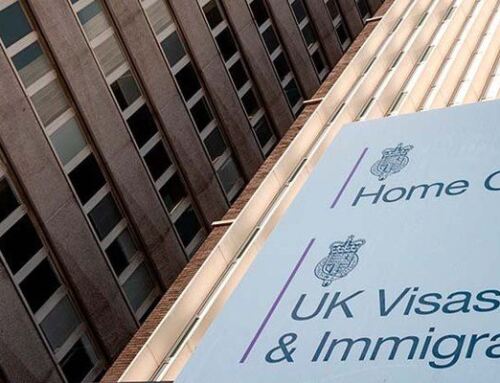If you or a family member have to go into long-term residential care, you may be required to use your own assets to fund your care home costs.
The Local Authority will carry out a Needs Assessment of the level of care you require and a Financial Assessment of your earnings and capital (savings and assets), which may include your home.
If you have a reasonable income from pensions and investments it may be that your income is sufficient to cover your care costs.
People over 65 will also be entitled to a free personal care allowance which will contribute towards your care costs.
If your income and personal care allowance are insufficient to meet the costs, your capital will be assessed to meet any shortfall. If your capital is assessed over the upper threshold, you will require to meet the full cost of your care after deduction of the free personal care allowance, if you are eligible.
Once your capital dips below the upper threshold you can apply for part-funding from the Local Authority. Once it falls below the lower threshold the Local Authority will meet the shortfall of your care costs after deduction of your income and personal care allowance.
The current upper threshold for 2022/23 in Scotland is £29,750.
The current lower threshold for 2022/23 in Scotland is £18,500.
Should you have concerns about care home costs it is important that you take advice at an early stage and consider this as part of your long-term estate planning.
Our experienced Solicitors are happy to discuss options available to help you make suitable provisions whilst maintaining your wishes in the long term. The most important thing is to take advice early and plan for the future.
As with your Will, you should regularly review your long-term estate plans to consider any changes in your personal circumstances or changes in the law.







